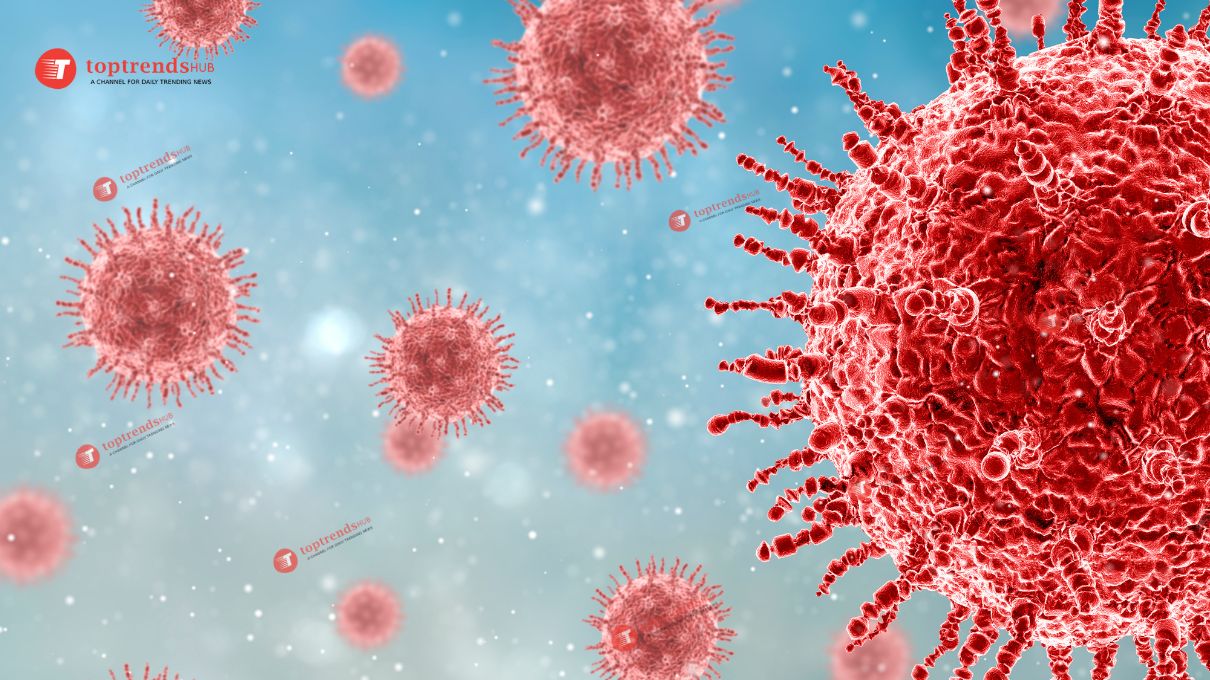Assurance from the Union Health Ministry
The Union Health Ministry has assured that India is well-equipped to handle respiratory illnesses, with its surveillance systems indicating no significant increase in cases. This confidence comes amidst reports of an eight-month-old baby in Bengaluru testing positive for the Human Metapneumovirus (HMPV). The Karnataka Health Department confirmed the case, which was promptly reported to the Union Health Ministry. Notably, the child has no history of travel, raising questions about the origin and strain of the virus.
Proactive Monitoring by the Union Health Ministry
The Health Ministry has emphasized its readiness to manage respiratory illnesses effectively. Recently, it convened a joint monitoring group meeting to address rising concerns about respiratory illnesses in China. This meeting highlighted the Ministry’s commitment to tracking global health trends and ensuring preparedness. Officials stated that the situation is being closely monitored through various channels. The Ministry has also requested timely updates from the World Health Organization (WHO) to stay informed about developments.
HMPV vs Covid-19: How China’s Rising Respiratory Illnesses
A senior health official noted, “We will continue to monitor the situation closely and validate information and developments accordingly.” This proactive stance underscores India’s ability to adapt to potential health threats, particularly during the flu season when respiratory illnesses typically spike.
Understanding the HMPV Virus
Human Metapneumovirus, or HMPV, presents symptoms similar to the common cold. Those most susceptible include children, the elderly, and individuals with weakened immune systems. Studies indicate that most cases are mild, with the majority of people encountering the virus before reaching the age of five. Despite being discovered relatively recently in 2001, HMPV has gained recognition as a significant cause of respiratory tract infections, both upper and lower.
How HMPV Spreads
The Centers for Disease Control and Prevention (CDC) explains that HMPV spreads through direct contact with infected individuals or contaminated surfaces. While the virus is relatively new in the medical lexicon, its impact on public health is increasingly evident. Symptoms include cough, fever, nasal congestion, and shortness of breath. Given its ability to spread easily, especially in crowded settings, early detection and precautionary measures are crucial.
Symptoms and Preventative Measures
Dr. Atul Goel, Director General of Health Services (DGHS), describes HMPV as a respiratory virus causing flu-like symptoms, particularly affecting the very young and the elderly. He advises the public to follow basic preventive steps to minimize the risk of infection. “People should follow respiratory etiquette and take normal medicines for cold and fever,” he recommends. Additionally, individuals with symptoms should avoid close contact with others to prevent transmission.
Insights from the Health Ministry Meeting
During the recent joint monitoring group meeting, experts reviewed the reports of rising respiratory illness cases in China. They concluded that the situation is “not unusual” given the current flu season. According to the press release, the surge in China is attributed to common pathogens such as influenza, Respiratory Syncytial Virus (RSV), and HMPV. These viruses align with the seasonal patterns typically observed during this time of year.
The Ministry’s focus on global health trends reflects a strategic approach to safeguarding public health. By collaborating with international organizations and leveraging domestic surveillance systems, India is well-positioned to respond to emerging health challenges effectively.
Key Takeaways for Public Awareness
The detection of HMPV in Bengaluru serves as a reminder of the importance of vigilance and adherence to public health guidelines. While the symptoms of HMPV are generally mild, the virus can pose risks to vulnerable populations. Simple measures, such as practicing good respiratory hygiene, staying home when unwell, and maintaining cleanliness, can significantly reduce the spread of respiratory infections.
The Union Health Ministry’s assurance of preparedness, coupled with active monitoring and collaboration with the WHO, underscores the nation’s resilience in the face of potential health crises. Public cooperation and awareness remain critical in supporting these efforts and ensuring the health and safety of all citizens.




